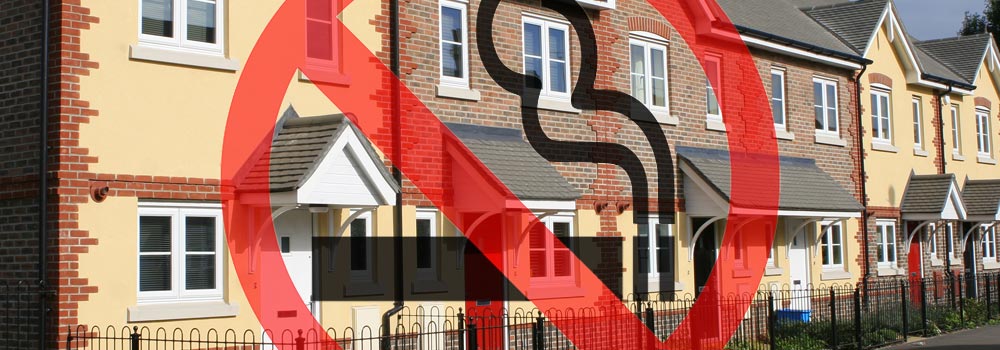Secondhand smoke is made up of two types of smoke: mainstream (breathed in and out by smokers) and sidestream (smoke from the burning tip of a cigarette). Secondhand smoke is dangerous for children as they are growing up because:
-
Smoking near children is a cause of serious respiratory illnesses, such as bronchitis and pneumonia.
-
Smoking around babies increases the risk of sudden infant death syndrome (SIDS).
-
Exposure to secondhand smoke increases the risk of children developing asthma and can cause asthma attacks.
-
Younger children who are exposed to secondhand smoke are much more likely to contract a serious respiratory infection that requires hospitalisation.
-
There is an increased risk of meningitis for children who are exposed to secondhand smoke.
-
Children exposed to secondhand smoke are more likely to get coughs and colds, as well as middle ear disease, which can cause deafness.
‘Step right out’ of your home to ensure it does not affect your children. Also, have a smokefree car at all times as exposure to the chemicals in secondhand smoke is increased in a confined space even with the windows open!
Help to stop smoking is free on the NHS, for quitting support and advice visit the smokefree website www.nhs.uk/smokefree.

